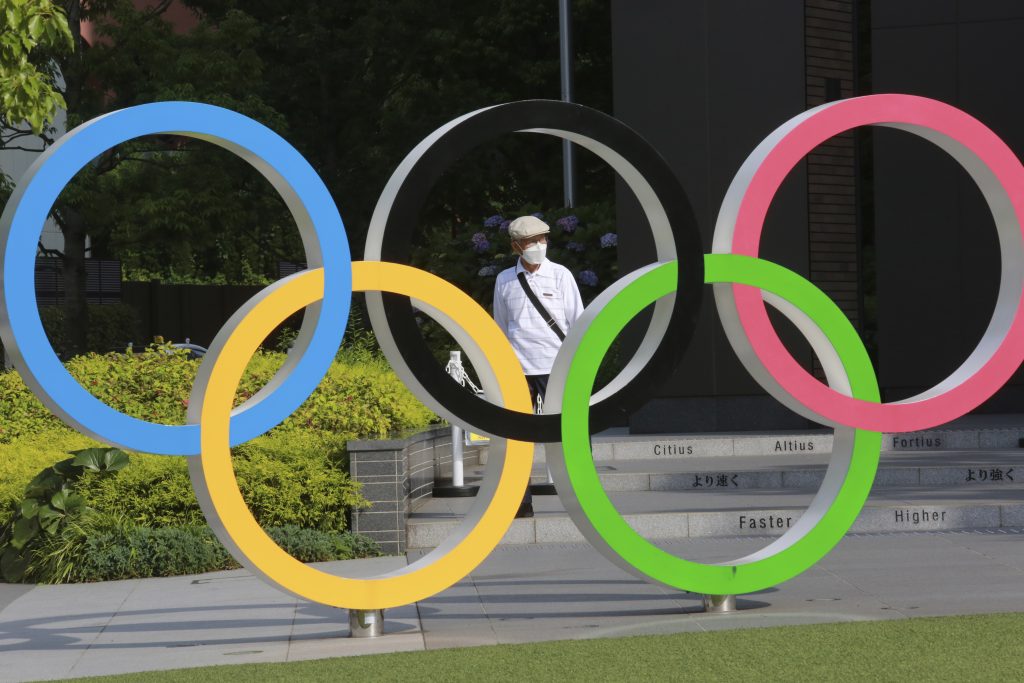Tokyo test

ALL EYES will be on today’s opening ceremony for the Olympics, as the world looks to Tokyo to light a flame of hope, amid a pandemic that has brought the planet to its knees and inflamed divisions, tensions and inequalities.
Even up to a few days ago, the fate of the global sporting showcase remained precarious.
The head of the organising committee refused to rule out cancellation due to rising covid19 cases in the Olympic village, and amid projections that the Japanese people could fall prey to twice its current rate of infection by the end of the games.
What’s sure is today’s event at Olympic Stadium will be like no other. The stadium can hold as many as 68,000 people, but the time-honoured tradition of lighting the torch will take place in front of deserted stands.
The grand Parade of Nations, in which delegations all get a moment in the spotlight, will be reduced to a trickle because of health precautions. The tone will not be celebratory, but rather sombre.
Major sponsors have also scaled down their involvement. Some are concerned about being associated with an event that has caused much anxiety for the people of Japan.
In another departure from the norm, more than half of the Japanese people do not see the games as appropriate. Many, according to recent polls, distrust assertions by officials that all events can be held safely.
Some of the differences that will be palpable today, however, are positive.
Participating nations have been given permission to allow two flag-bearers, one female and one male, to symbolise gender equality. While the understanding of gender has long moved past antiquated and limited binary notions in many of the countries participating, the gesture is nonetheless welcome.
If the very staging of today’s ceremony is an act of defiant optimism, as opposed to reckless human folly, then that is fitting, given the feats of skill, discipline, bravery and talent put on display at these games, whose very motto is: Citius, Altius, Fortius (Faster, Higher, Stronger).
What we remember most is how sportsmen unite us, as countries yes, but also across nations, through individual acts of endurance and poignant gestures of solidarity.
From African American athlete Jesse Owens taking home four gold medals in Berlin in 1936, when Europe was on the brink of World War II and Adolf Hitler sat in the stadium; to the moment when Tommie Smith and John Carlos raised their fists to protest racism in the US in Mexico City in 1968, the games have long been more than just games.
There is huge pressure on TT’s Olympians competing in these circumstances as their covid19-ravaged country looks on. But simply being present might itself be the surest sign that we have what it takes to withstand this test.


Comments
"Tokyo test"